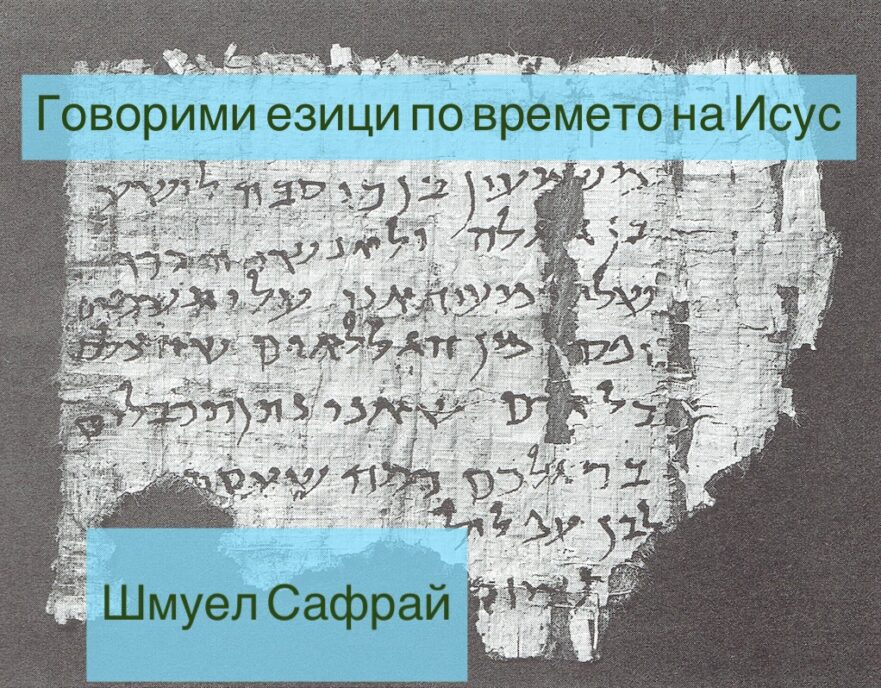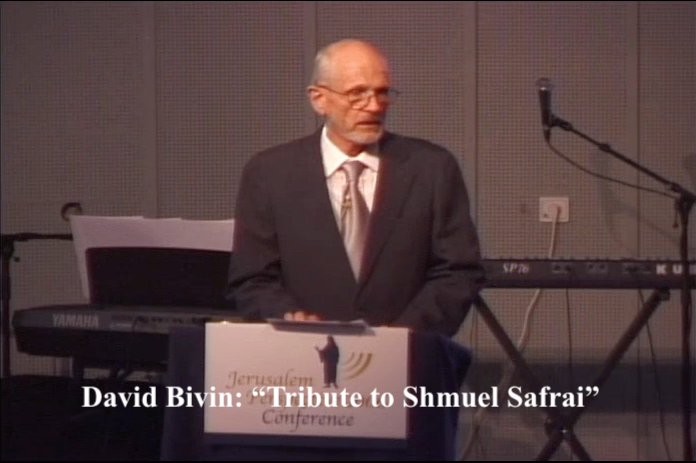Професор Сафрай представя преглед на трите езика, използвани в земята на Израел по време на дните на Исус, и заключава, че ивритът е основният език, говорен от еврейските жители по онова време.
Исус носеше ли кипа?
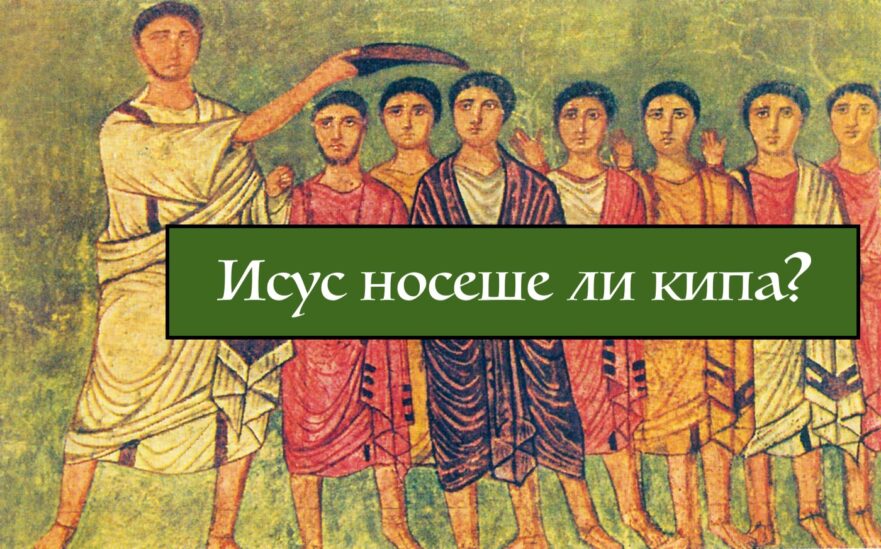
Въпреки че свещениците са носели подобна на тюрбан шапка, другите евреи от периода на Втория храм не са покривали главата си.
Поклонението по времето на Исус
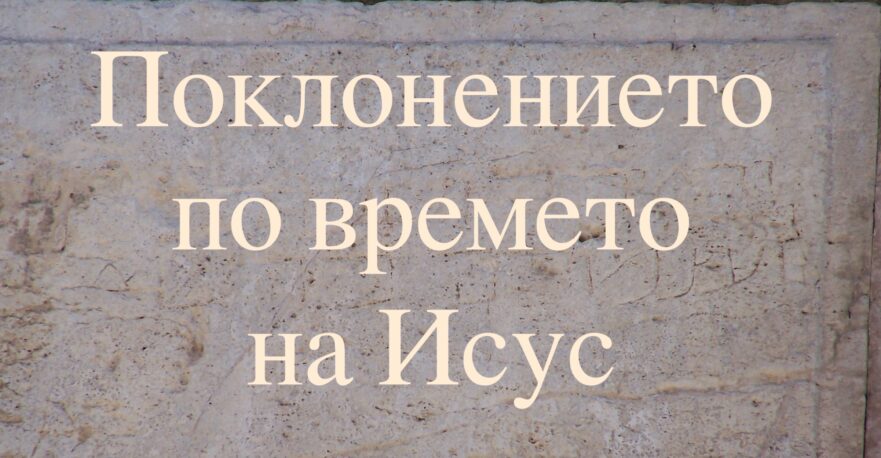
Според Лука Йосиф и Мария ходели на поклонение в Ерусалим на всяка Пасха. Изискването за поклонение в Храма в Ерусалим се споменава в пасажите от Писанието, които се отнасят до трите ежегодни празника: Празника на безквасните хлябове, Празника на седмиците и Празника на шатроразпъването.
Образованието на Исус
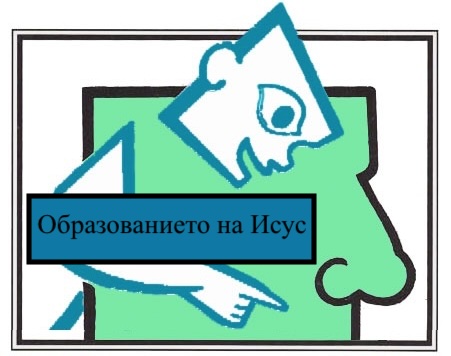
Човек може да си състави доста точна представа за това какво е правил Исус в детството и юношеството си.
Jesus the Galilean, a Stranger in Judea?
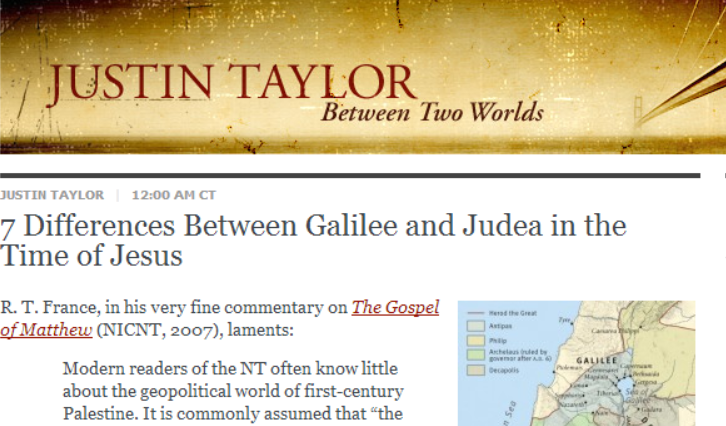
Follow Garcia as he challenges Taylor’s work and brings about the conclusion that “We should attribute any differences between Galileans and Judeans primarily to issues of opposing halakhic opinions.”
On “Blood” in the Apostolic Decree (Acts 15:19-20)

Flusser and Safrai’s premise is that “blood” in this passage does not refer to the consumption of blood but rather to murder. They conclude that the apostolic decision prohibiting eating meat sacrificed to idols, fornication, and blood is equal to the rabbinic decree that under penalty of death a Jew may violate any of the commandments of the Torah with the exception of idolatry, adultery and murder.
The Apostolic Decree and the Noahide Commandments
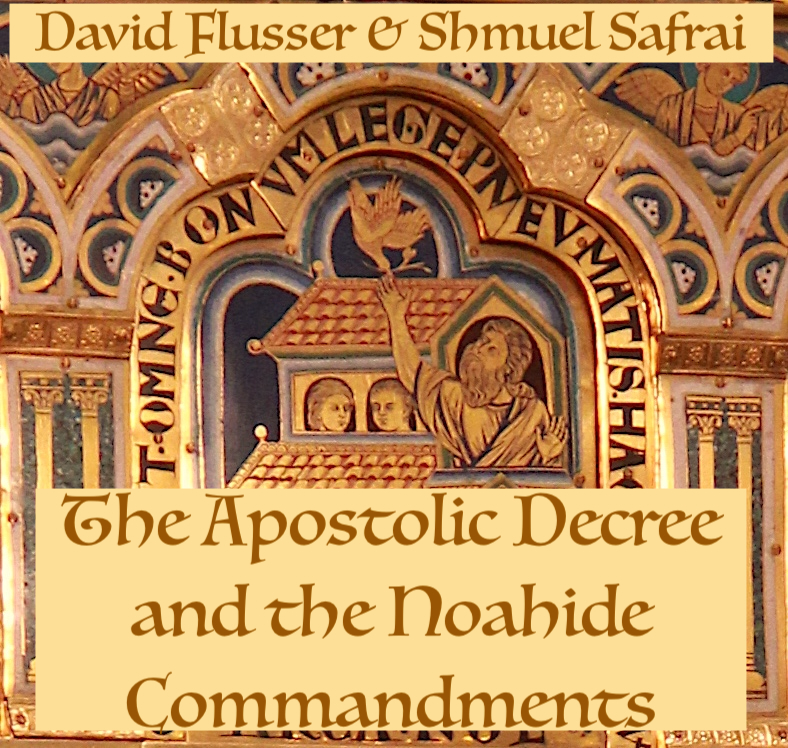
Jerusalem Perspective is pleased to make available to the English-speaking world this important article written originally in German by David Flusser and Shmuel Safrai: “Das Aposteldekret und die Noachitischen Gebote,” in Wer Tora mehrt, mehrt Leben: Festgabe fur Heinz Kremers (ed. E. Brocke and H.-J. Borkenings; Neukirchen-Vluyn, 1986), 173-192.
The Value of Rabbinic Literature as an Historical Source
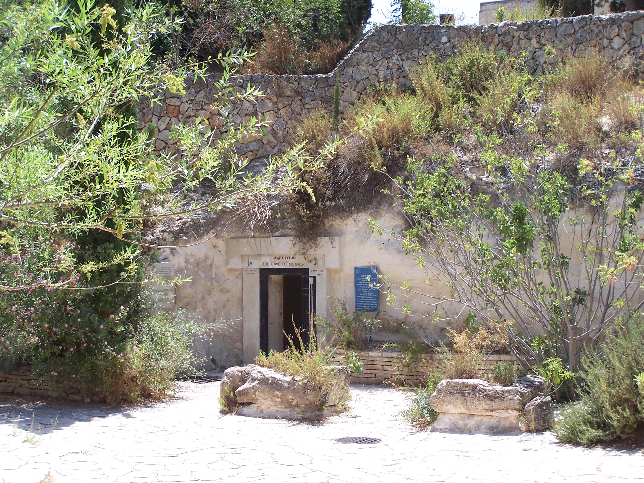
The thesis of this article is that rabbinic sources, when used in a careful manner, can provide reliable historical material pertaining to the Second Temple period. If this thesis is accepted, the consequences for the study of the New Testament Gospels are obvious.

